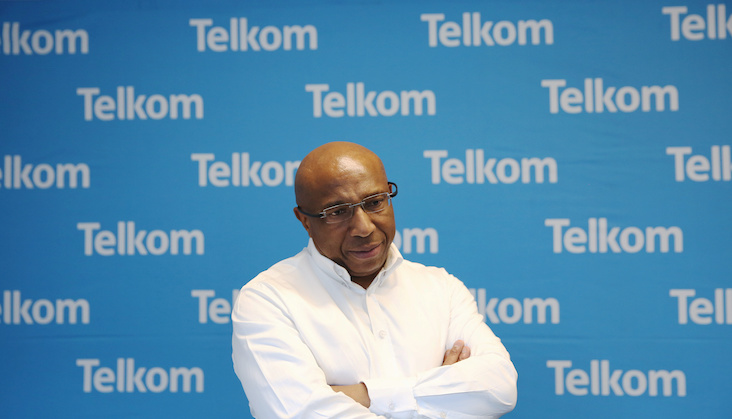Sipho Maseko Steps Down as Telkom Group CEO
Telkom Group has announced that Sipho Maseko will be stepping down from his positions as Group CEO as well as executive director of Telkom and its subsidiaries. According to Telkom, the process to appoint a successor is “well underway” and that a new designated Group CEO will be announced in the not too distant future. For the remainder of his role, Maseko is expected to ensure the incoming Group CEO designate’s orderly transition into the role.
Sipho Maseko is expected to step down from his positions as Group CEO as well as executive director of Telkom and its subsidiaries on 30 June 2022.

Maseko joined Telkom on 1 April 2013 during a time when the semi-private South African telecommunications firm was facing “severe challenges”. During his eight-year tenure, Maseko managed to turn the business around – evolving it from a traditional fixed business to a portfolio of businesses that comprises the Mobile, IT, Wholesale infrastructure business and the Masts and Tower portfolio.
Read also:Telkoms Integrates T-Kash into Government’s Digital Services Platform
“I feel now is the right time for me to step aside and make way for a new leader who will take Telkom to even greater heights. I will stay on until June 2022 to ensure a smooth transition for my successor,” Maseko says.
“I am most thankful to my colleagues across our country, for trusting me to lead Telkom, and for supporting me throughout this journey of transition.”
“Under his leadership, the Group has had many remarkable strategic achievements in the execution of its broadband led strategy which are reflected in the Group’s current healthy position,” a statement from Telkom reads.
“The Mobile business grew to become the third-largest mobile business in South Africa with more than 15 million customers generating R20-billion ($1.3-billion) revenue. Fibre footprint was expanded and the fixed customer base was migrated to new technologies (fibre and LTE).”
Read also:Kenya Rolls Out New Tax Machines For Businesses To Install Before August, 2022
Telkom says that to date, the number of homes connected with fibre exceeds the number of homes connected with copper. The Telkom Group has diversified the revenue pool acquiring an IT business and commercialised under-utilised infrastructure assets such as Masts and Towers and Data Centres.
Kelechi Deca

Kelechi Deca has over two decades of media experience, he has traveled to over 77 countries reporting on multilateral development institutions, international business, trade, travels, culture, and diplomacy. He is also a petrol head with in-depth knowledge of automobiles and the auto industry



